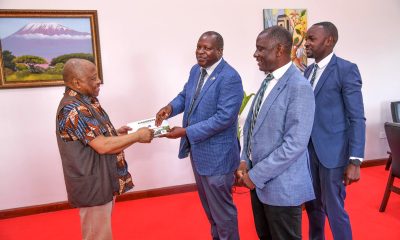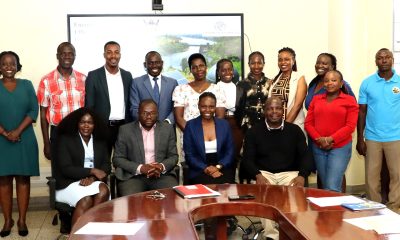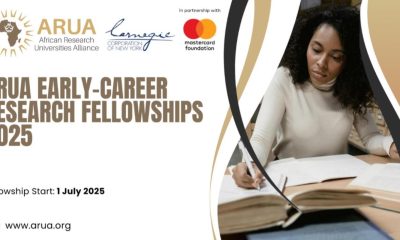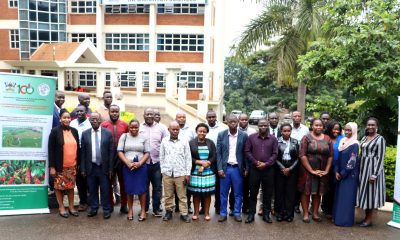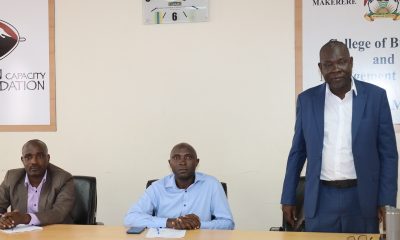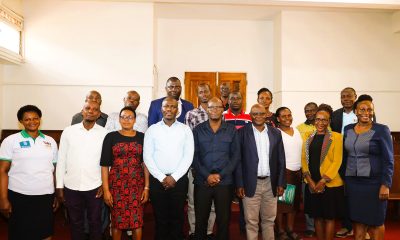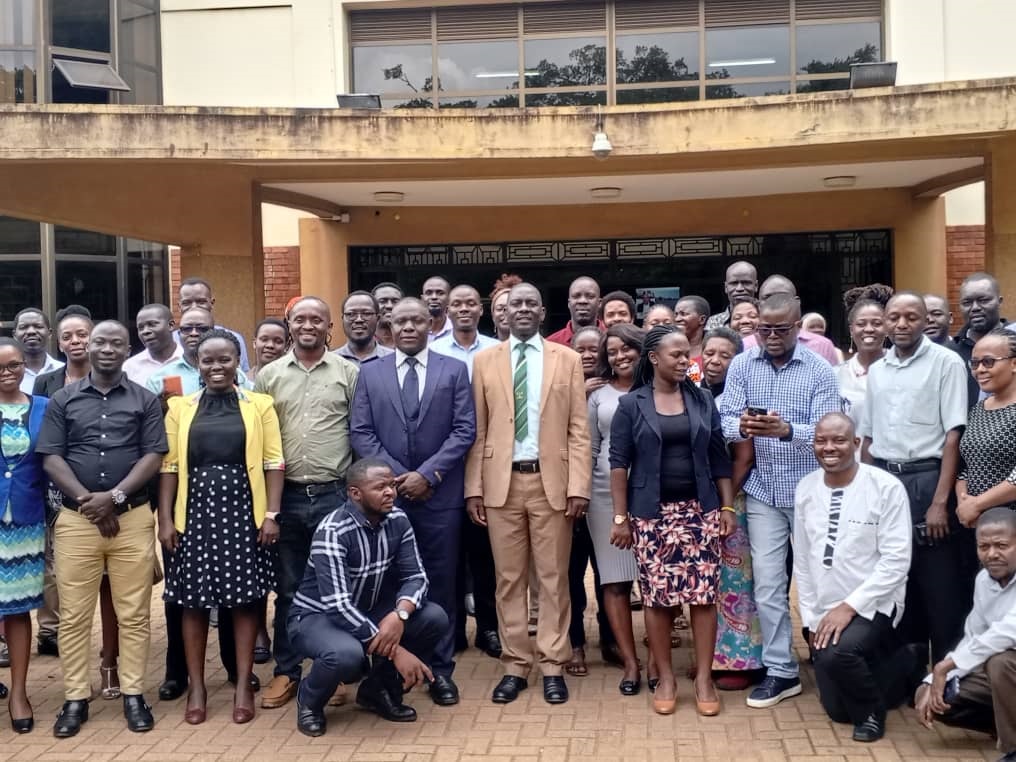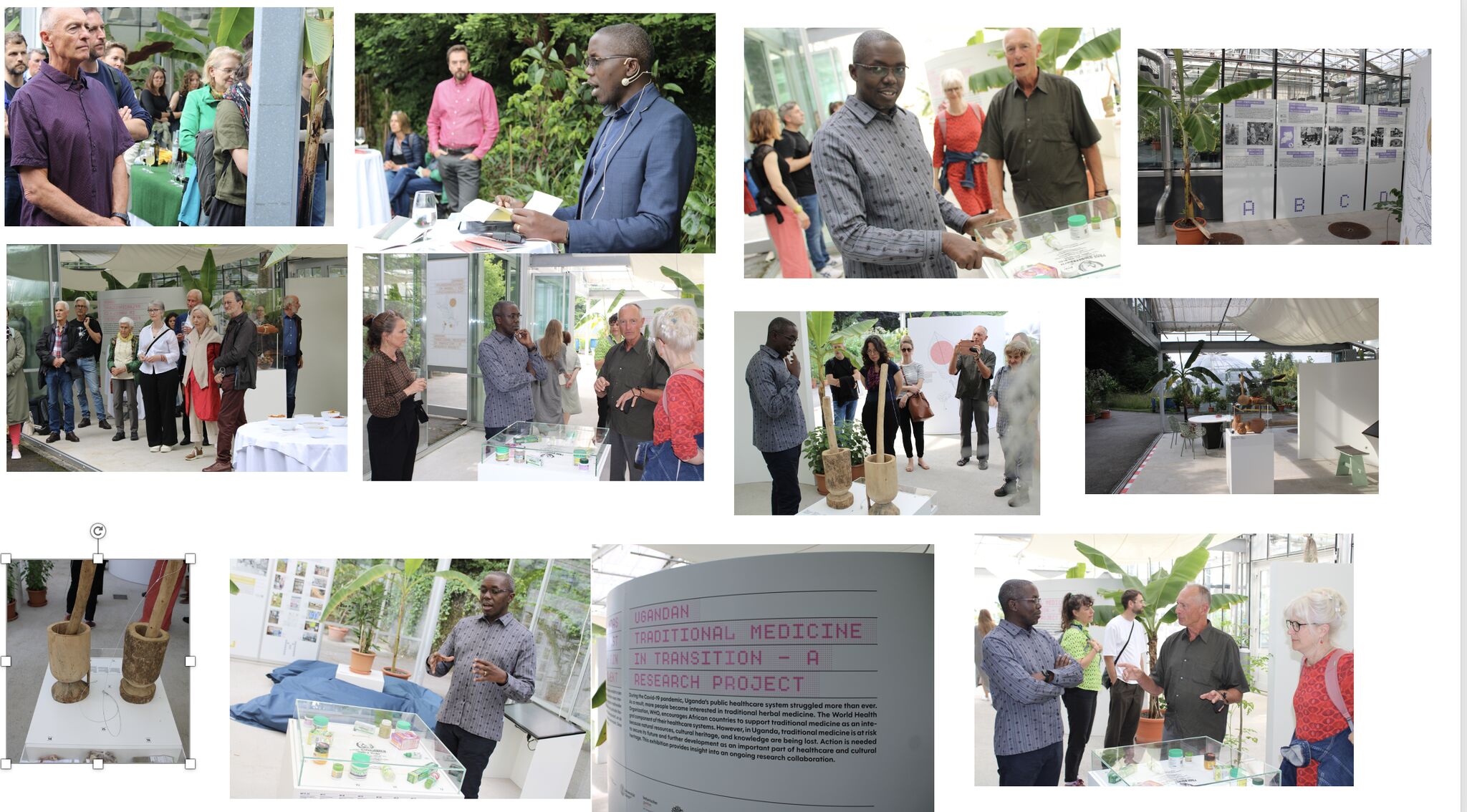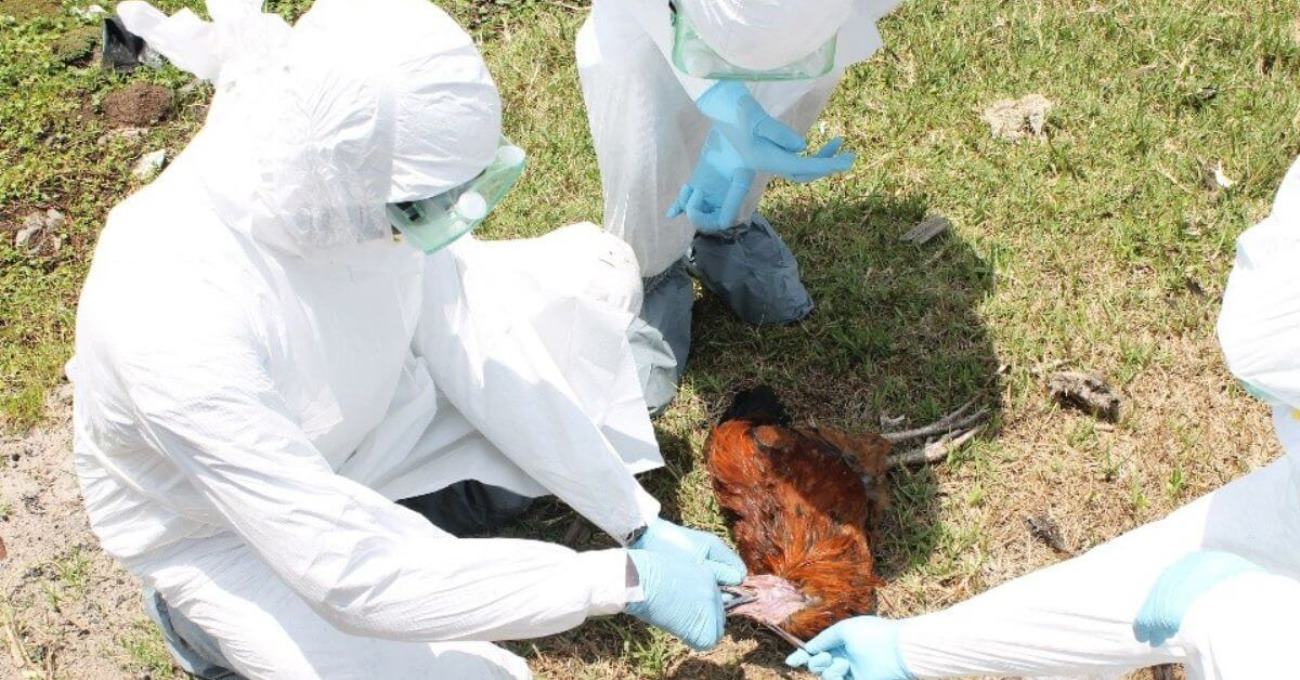By: Moses Lutaaya
The Directorate of Graduate Training has completed a 9- day PhD crosscutting training course, inducting three groups of PhD students. The groups of students included those in Cohort 1, Cohort 2 and the Non Cohort PhD students. The number of PhD student participants were over 300 students learning via both face to face and online.
The training that started on Monday 2nd June 2025, took place in the New Library Building.
In his closing remarks, the Director of Graduate Training Prof. Julius Kikooma encouraged the PhD students to put up a spirited fight that would see them remain in the cohort up to the end of the three years of their doctoral studies.
“Get organized, show seriousness in your doctoral pursuit, stay together, make use of your supervisors as and when you need them. We will fully support you in your Doctoral academic journey.” Prof. Kikooma said.
Prof. Kikooma emphasized the need for PhD graduate training saying, “We need more research for the University and Country. This cannot be achieved without increasing the number of graduate students especially PhDs.”
At their different stages of PhD doctoral training, Prof. Kikooma encouraged the students to give feedback to the Directorate and the supervisors so that they are served seamlessly.
Prof. Kikooma further informed the students that going forward, they must cover all the three mandatory cross cutting courses meant to be taught under the three-year program of their doctoral studies.
“All three foundation courses including Scholarly Writing, Advanced Research Methods and Philosophy of Methods will be covered. Tighten your belts. We want to ensure that all these structured programs prepare you for the foundations you need for next two years of research. Success becomes easy when you undertake foundations.”
He challenged the students to use the program in guiding their research directions, making informed decision, improving their critical thinking and consumption of knowledge.
Dr. Dixon Knanakulya, one of the trainers of the doctoral students said, “At PhD level, it is no longer a normal research. It is at a level of knowledge production. The students must understand the main philosophical assumption behind the research methods they use and they must consider the ethical implications of their research. Philosophy of Methods enables them to go through that.”
“PhD students must be creative, innovative and start at the level of researching in the mind. This challenges them to think differently.” He added.
He further said that Philosophy of Methods helps in researches done at the different aspects of the national development plan. “Usually, the students question how the National plans are come up with and support improvement of government policies.”
Dr. Kanakulya added that the research output can be used by government for improvement because it is done by highly skilled researchers. Adding, “They come with very good insights which can be taken on to improve implementation of government programs such as Emyoga and Parish Development Model (PDM).”
He further said that policies are not enough without the social conditions and mindset of the people, saying that PhD scholars can help government know the social conditions and apply policies better.
The Cohort 1 PhD students’ president Mr. Wanyakoko Ebiru Moses said, “This training is extremely important for each student under taking doctoral studies and without it, they cannot acquire the fundamental skills they need to become independent researchers.”
He added that with the knowledge acquired in the Philosophy of Methods training, they will focus on research that aims to resolve societal and community problems.
Dr. Robert Kakuru, the President of Makerere University Academic Staff Association said that Philosophy of Methods is an important pillar in the doctoral journey of every PhD student.
“The Course, Philosophy of Method provides a critical foundation and Philosophical grounding for research methods that doctoral students use to undertake their respective studies. The course further underlines other critical issues that graduate students ought to know, integrate, adopt or adapt in their doctoral journeys.” He said.
Dr. Jim Spire Ssentongo, a senior lecturer and coordinator of the training said, “Philosophy of Methods builds a mass of critical researchers who are able to look at the world not from a narrow point of view but a holistic and broad based sense of understanding reality.”
He added, “Students understand how they can imagine the world to be. They take into account assumptions which inform the methods of research used, how they conduct themselves during research and how they approach respondents during the research process. Such assumptions are laid bear in this training and it helps participants to understand the things they have always held at the back of their minds without deliberately knowing that these are the assumptions they hold and this is how they affect and influence studies.”
Dr. Ssentongo further said that once PhD students are engaged in reality in its broadness with right assumptions, they are then better placed as researchers to investigate such realities and that whatever they investigate, be it related to the National Development Plan and National Development Initiatives like Emyoga and Parish Development Model. This training positions, them at a more critical level as researchers not only in terms of assumptions but also being thinkers.
The Philosophy of Methods training was supported by the ICARTA – Institutionalization of Advanced Research Training in Africa, a NORHED II Project at Makerere University.
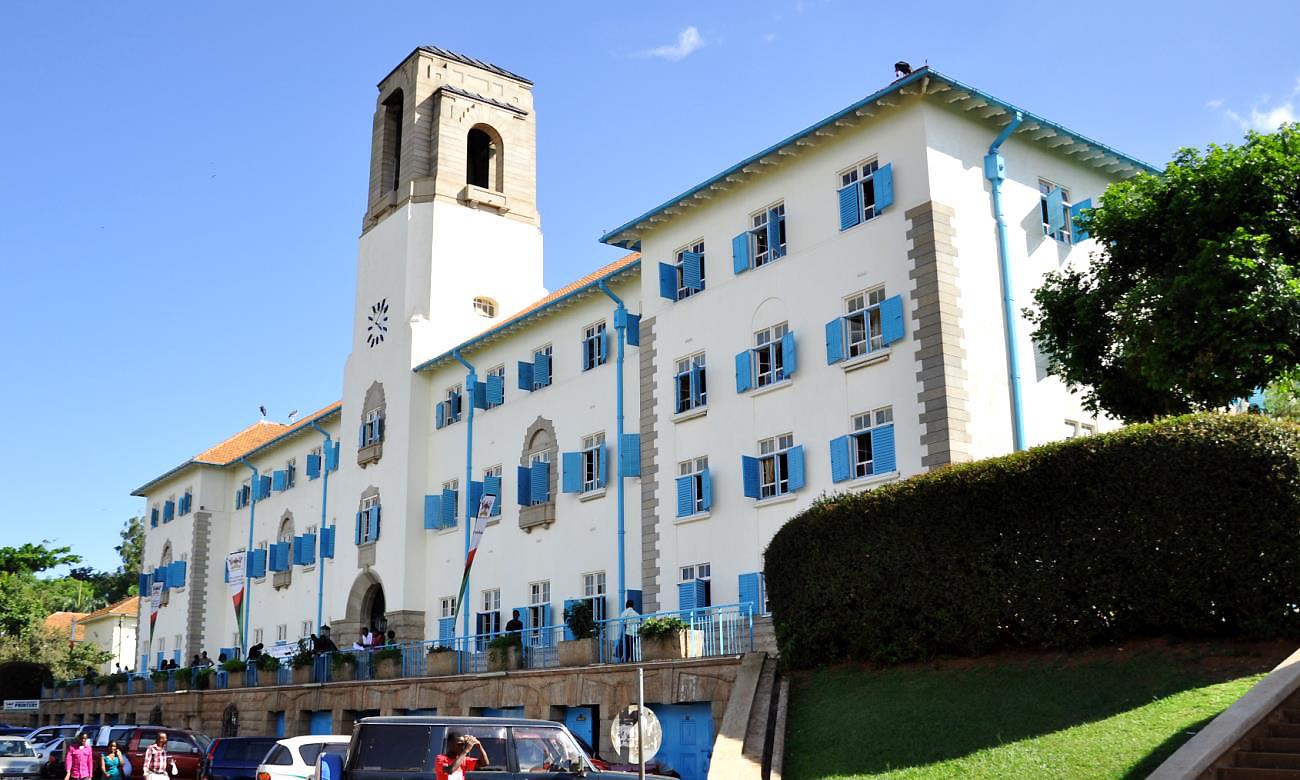

 Education7 days ago
Education7 days ago
 General1 week ago
General1 week ago
 General2 weeks ago
General2 weeks ago
 General3 days ago
General3 days ago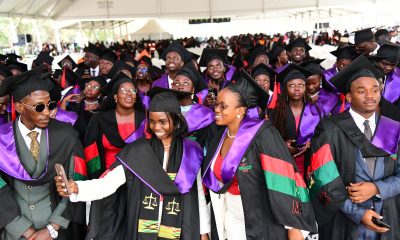
 General1 week ago
General1 week ago
